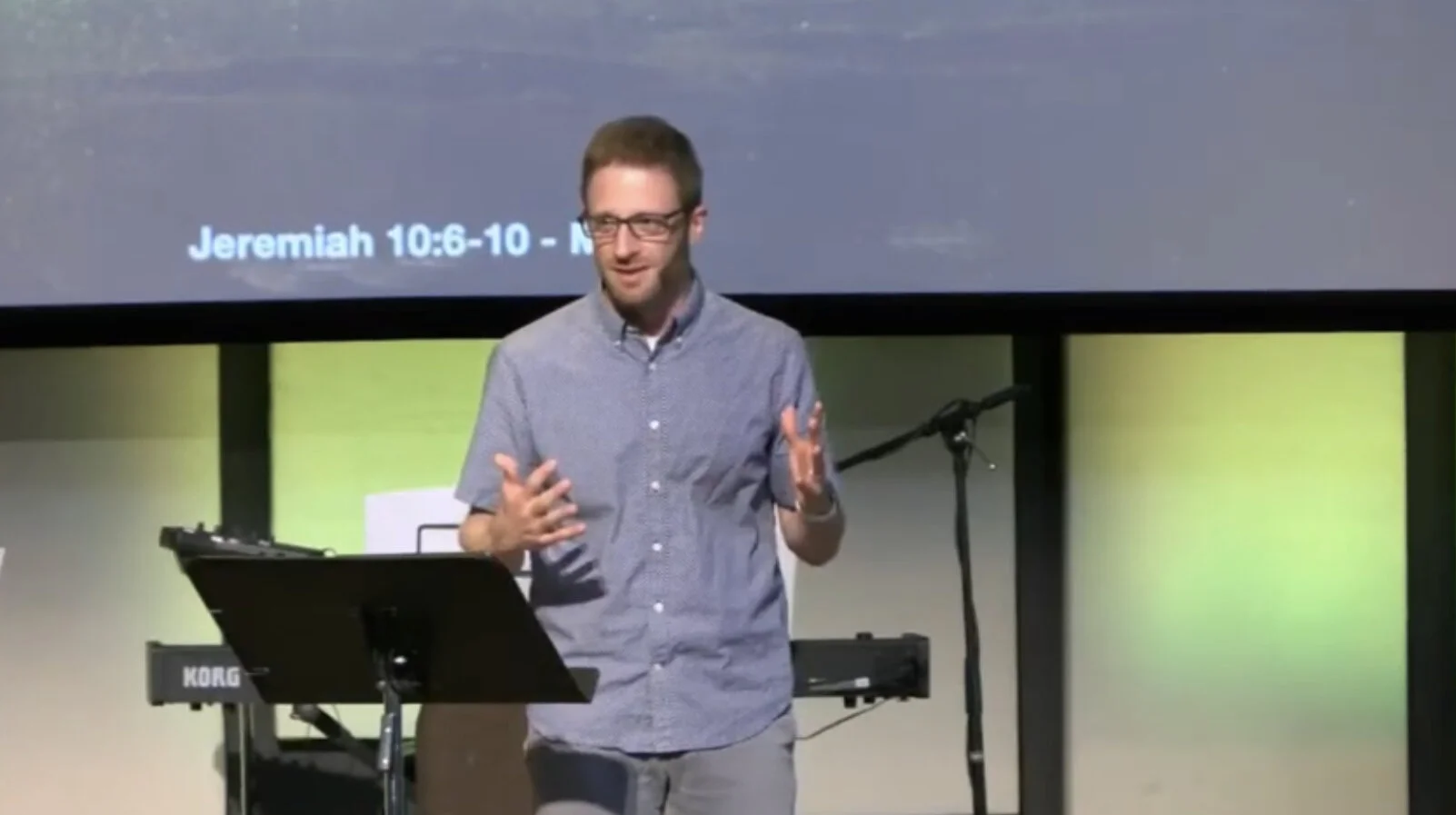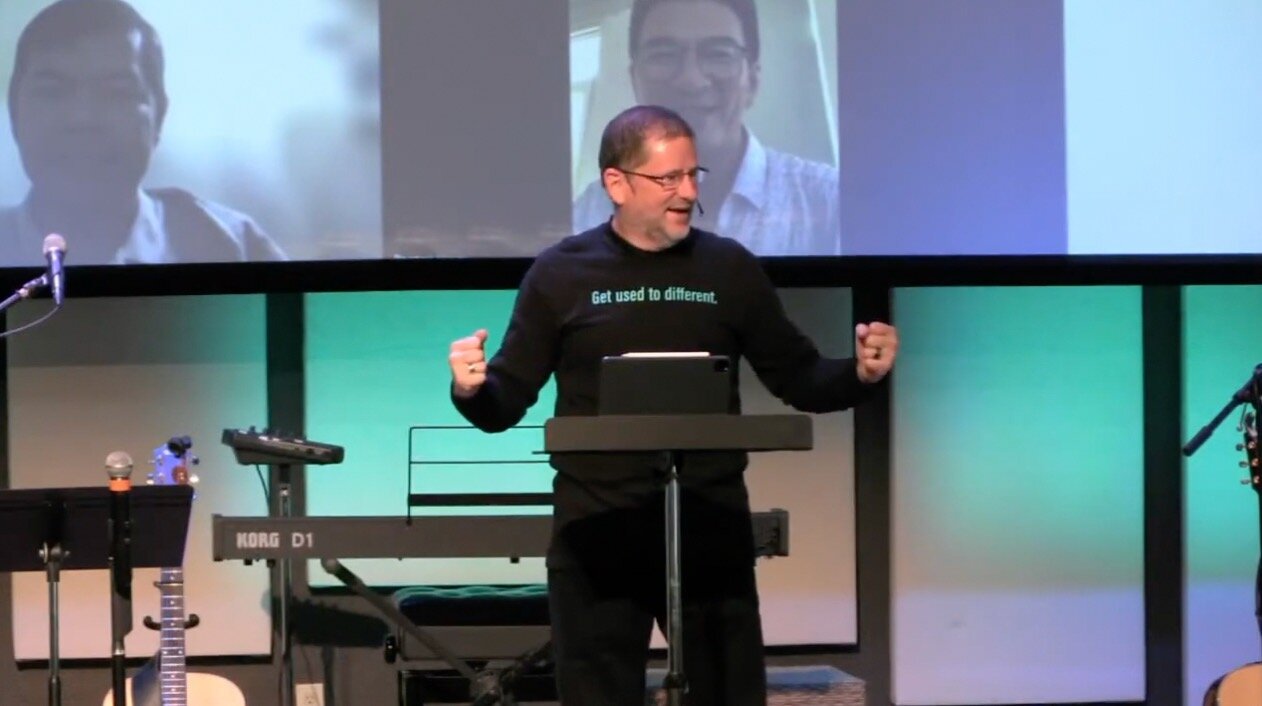“As Psalm 97 is an enthronement Psalm proclaiming the complete and supreme rule of God over all other things, we have to ask ourselves a few questions.”
"The LORD is King!" What a way to start a Psalm. There is no ambiguity as to who the author of this Psalm thinks has ultimate authority. The clarity of this Psalm is helpful for its readers, even current readers, as questions of who or what will define our lives abound. In fact, Psalm 97 is one of seven psalms in the book of Psalms that is classified as an enthronement psalm. Pretty cool, huh?!
It's no secret that the past few years have been some of the most divisive in our country in recent memory. One outcome of that divisiveness (which includes multiple cultural and political issues) has been a slipping away from the enthronement of Jesus to an entrenching of our preferred cultural or political positions. Here is where Psalm 97 can be helpful.
"The LORD is King." That's how we read it in our English translations of the Bible. However, we miss a bit of the meaning if we don't look at the context of its original language. "The LORD is King" is actually a powerful proclamation stating that the LORD reigns supreme; the LORD is ultimately in charge of all things. Psalm 97 makes this very clear for its readers as we see that the ruling of the LORD stands in contrast to the lowliness of other gods who "bow down" before the LORD who is "exalted" far above them (verse 7 and 9). If I were preaching this point, I might pause here and ask, "Amen?" wanting to emphasize the reality of this truth.
Describing and praising the way that the LORD rules is the particular concern of Psalm 97. The question I'll ask is, does the Lord rule in your heart and mind, even above cultural or political concerns? And if so, how is the enthronement of the LORD displayed in your life? Professor Diane Jacobson writes, "The LORD's way of ruling cuts through the clouds and the darkness as the LORD sits enthroned over the earth and in the hearts of his people. This is good news for God's people. They know the true God, and how the LORD rules. And they know as well that this good news comes with a set of expectations. To be faithful to this Lord partly means that they worship the Lord alone, forsaking idols and other worthless gods."
As Psalm 97 is an enthronement Psalm proclaiming the complete and supreme rule of God over all other things, we have to ask a few questions, "what is enthroned in my life?" "What is enthroned in my thinking?" "What is enthroned in my actions?" These might be more difficult questions to answer in the heated cultural and political arguments of our day. If God is the one enthroned in your heart, mind, and life, how do you reflect his righteousness and justice, two things highlighted in Psalm 97? How are you showing love and concern for others as we follow the way of Jesus?
While these days are not easy, I'm thankful for scripture and Psalms like Psalm 97, which call us to faithfulness even if it means we have to do the hard work of stepping back and reflecting on our patterns of thinking and living.
Psalm 97:11-12: "Light shines on the godly, and joy on those whose hearts are right. May all who are godly rejoice in the Lord and praise his holy name!"
Resources:














